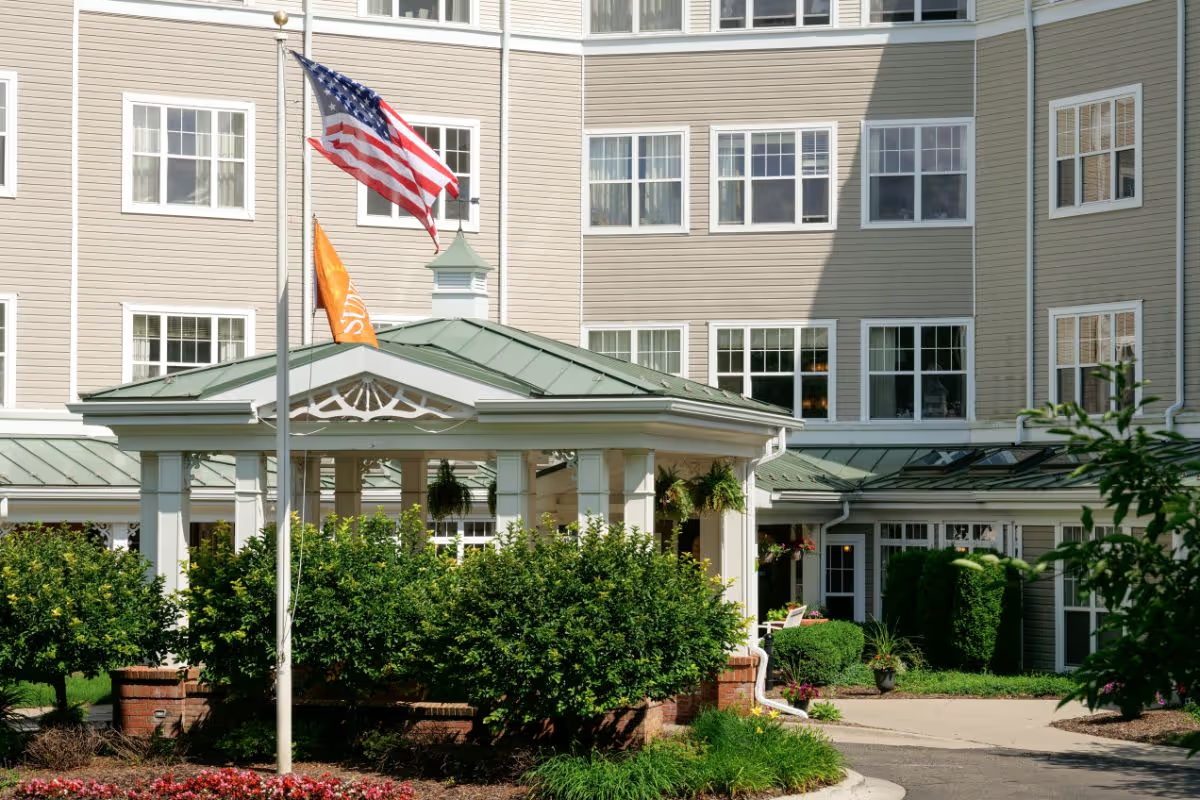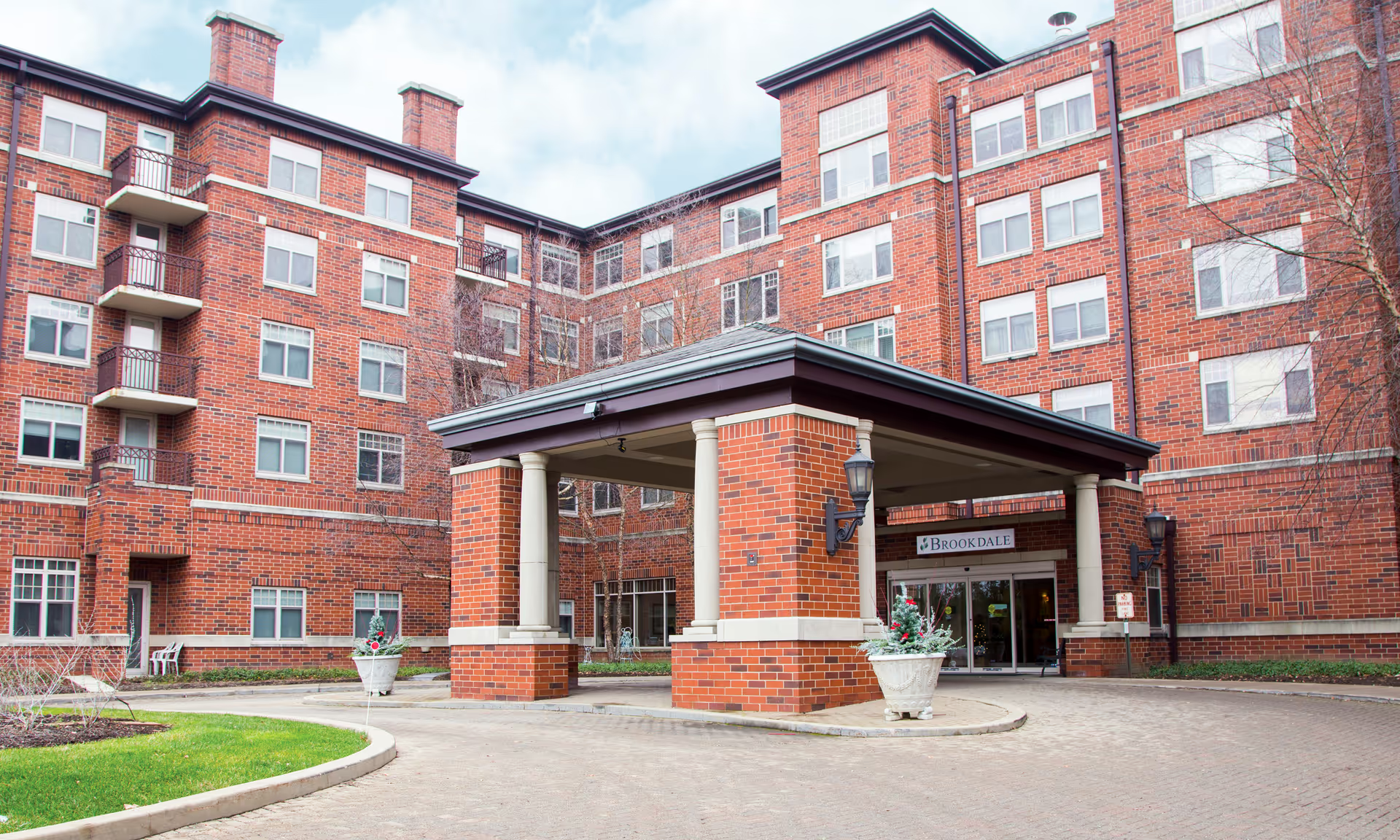Overall sentiment from the reviews is largely positive but with meaningful and recurring concerns. Many reviewers praise The Courtyard at Fremont for its attractive, well-maintained physical environment and small, homey atmosphere. Multiple comments highlight a clean facility, tasteful decor, a colorful courtyard, and apartments that feel welcoming. Several reviews explicitly call the community a "nice place to call home," and many note that it is well-kept and safe. The facility’s social environment and small scale are repeatedly identified as strengths that promote a family-like feel and resident comfort.
Staff and caregiving receive mixed-but-often-positive feedback. A substantial number of reviewers describe staff as caring, compassionate, friendly, and going "above and beyond." There are specific thanks to named caregivers and employees (for example Erica, Bridget, Heather, and Amy), and reviewers recount that staff know residents personally, offer respectful and kind care, and make moves easier for new residents. Many families report feeling that their loved ones are "in good hands," and several reviews cite high-quality clinical care and attentive nursing and aides.
The activities program is a standout strength. Reviewers repeatedly praise an outstanding activities director, frequent outings, well-run trips, monthly events, and a wide variety of daily activities that encourage socialization. Bus transportation for outings and active courtyard socializing are mentioned positively. For many reviewers the robust activities schedule and community engagement were decisive benefits that contributed to residents’ happiness and quality of life.
Dining is another commonly noted positive: multiple reviewers commend the food, reference a capable chef, and describe two daily meal options or always-available alternatives. Dining appears to be a reliable strength and part of why residents enjoy the community.
However, several serious concerns appear multiple times and temper the overall positive narrative. Communication breakdowns and inconsistent management are frequent themes: reports include poor communication to families, no notification of a flu outbreak, and general negative impressions of follow-up and professionalism. One particularly concerning cluster of comments describes a flu quarantine that was not communicated to families, lack of phones in resident rooms (complicating communication), no place to put food trays during quarantine, and what families perceived as reluctance to treat infection — in one case families were advised to take a loved one to the hospital. These operational lapses raise questions about infection control communication protocols and clinical responsiveness in specific incidents.
Staffing reliability and professionalism are inconsistent according to reviews. While many reviewers describe warm, capable staff, others report poor staffing levels, unfriendly or unprofessional employees, no-shows for appointments, and negative first impressions during admissions. There is also at least one note about admissions staff using a personal cell phone for business contacts, which some reviewers called unprofessional. These mixed reports suggest variability in staff behavior and management oversight that can produce very different experiences depending on timing and individual staff members.
Other recurring drawbacks include small apartment/room sizes for some residents and concerns about cost versus level of assistance: a few reviewers felt the community was expensive with little assistance, indicating perceived poor value for certain needs. Finally, several reviews indicate the community is not the right fit for every family — some toured and chose another option — so prospective residents should assess personal care needs, social preferences, and budget alignment.
In summary, The Courtyard at Fremont is frequently described as a beautiful, clean, and welcoming small community with strong activities, good dining, and many compassionate staff who create a family-like environment. At the same time, a notable minority of reviews call out serious communication and management issues, inconsistent staffing/professionalism, and a problematic response to an infectious outbreak. Prospective residents and families should weigh the facility’s strengths in environment, social programming, and caregiving against the documented concerns by asking targeted questions during tours: how the community handles infection control and family notification, staffing levels and turnover, phone access in resident rooms, emergency and clinical response procedures, and clarity on fees and what level of assistance is included. Doing so will help determine fit given that experiences at this community appear strongly dependent on specific staff and circumstances.







